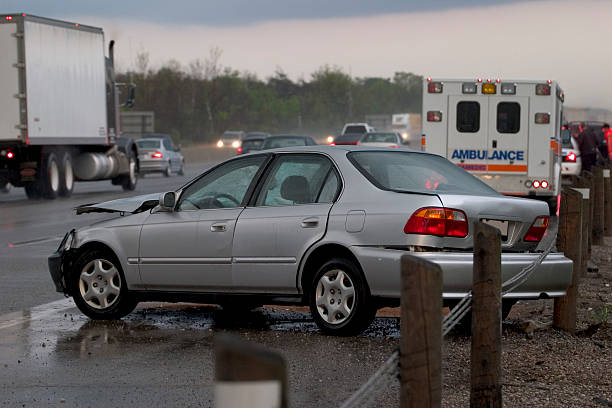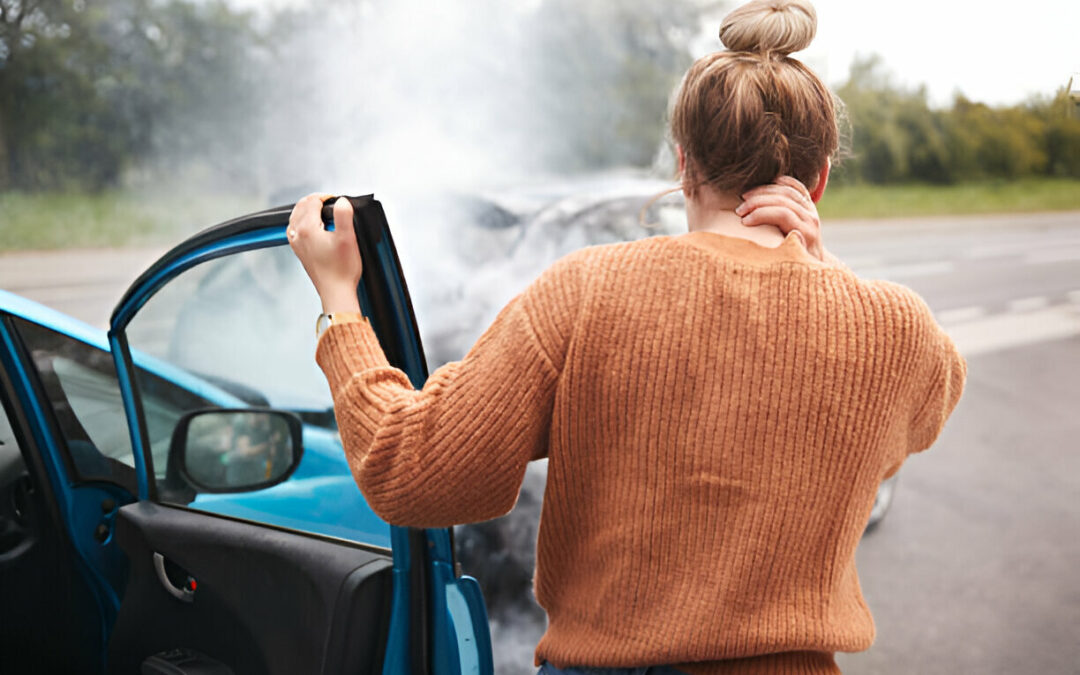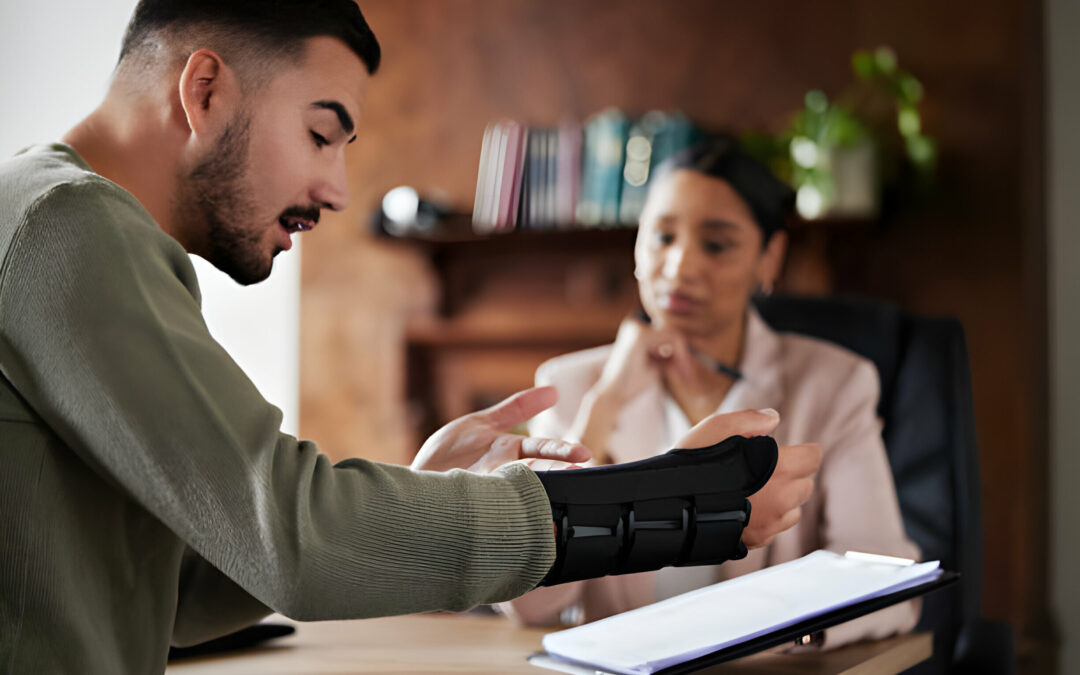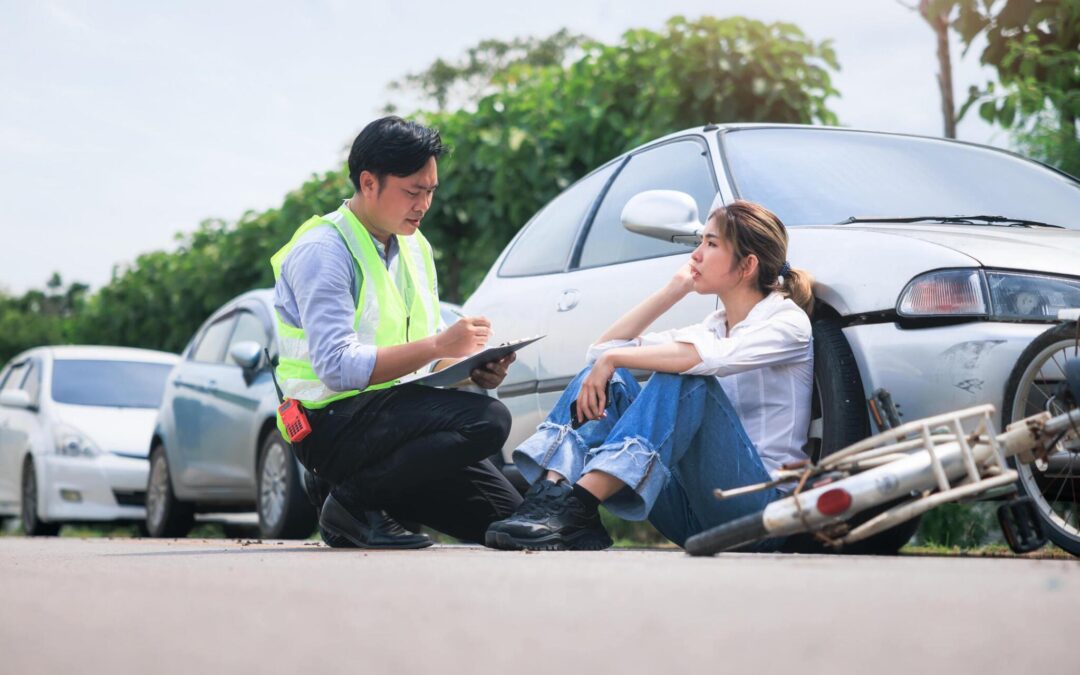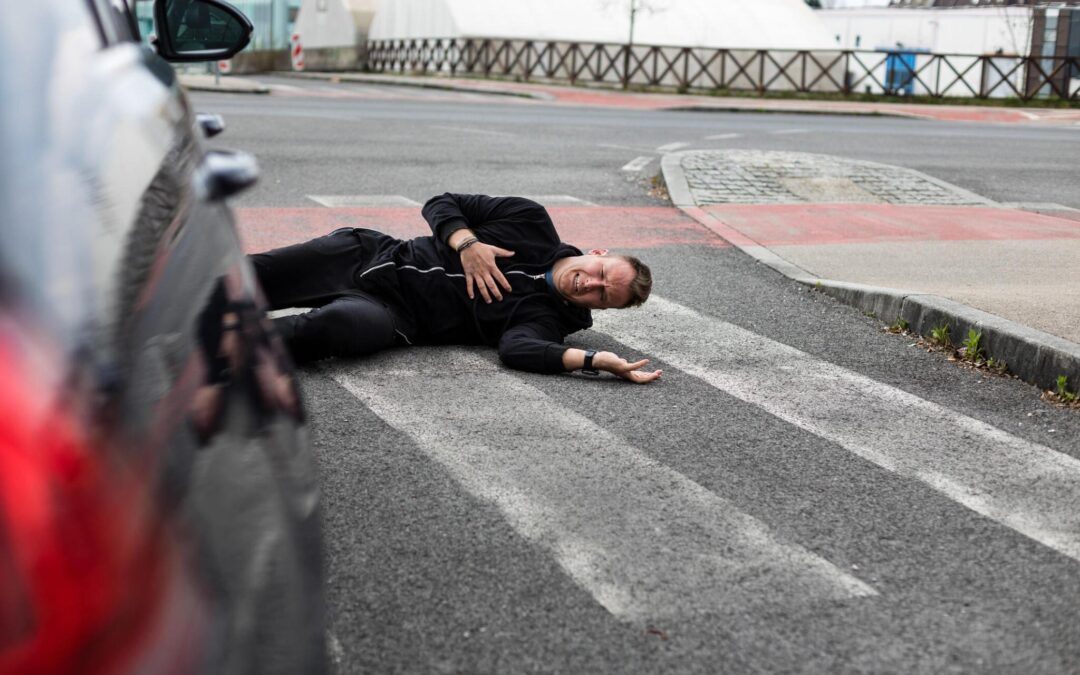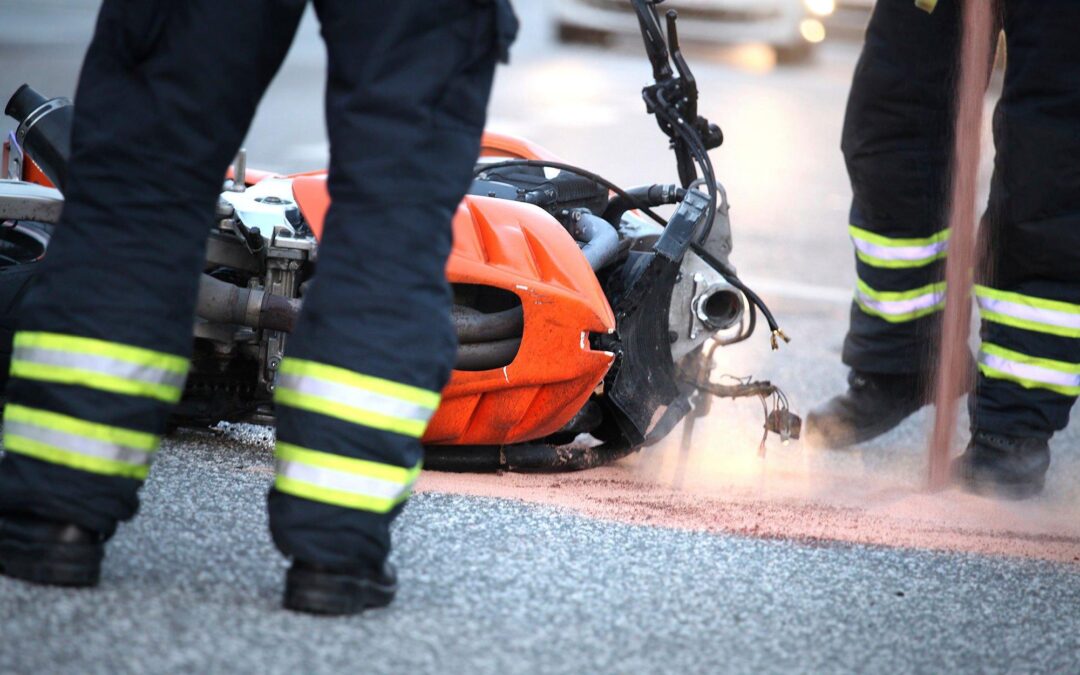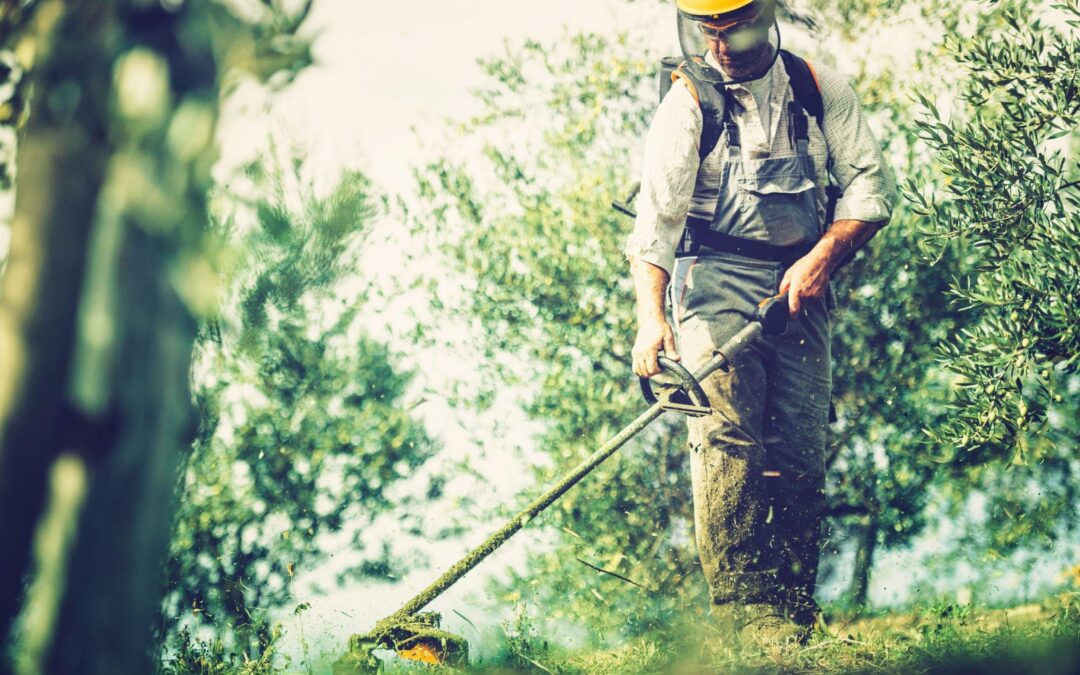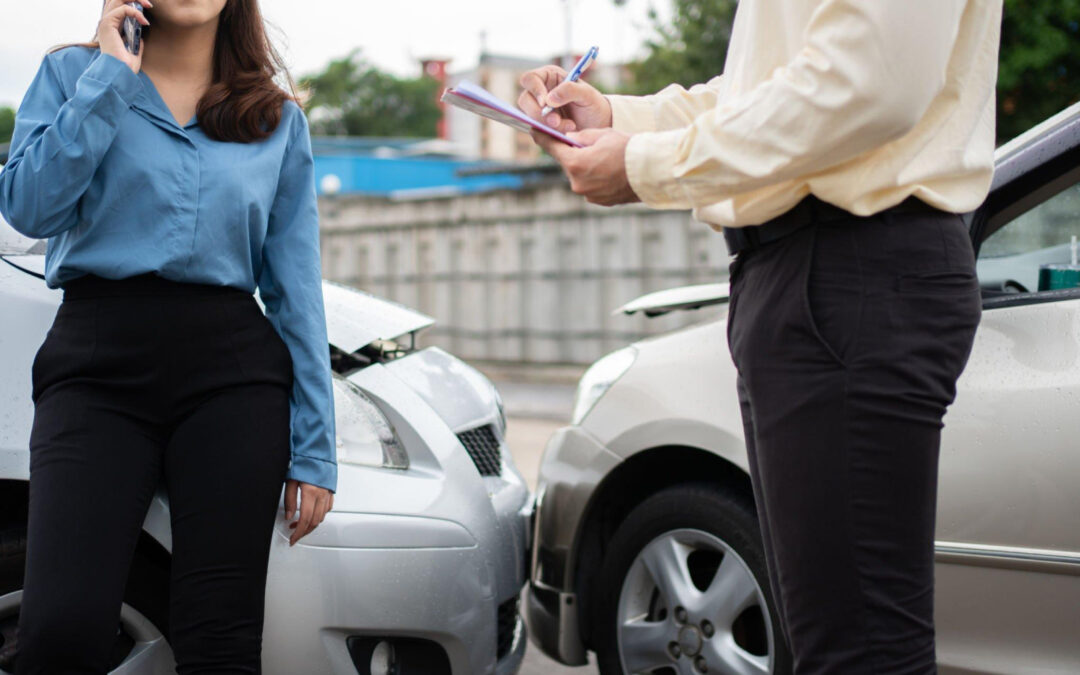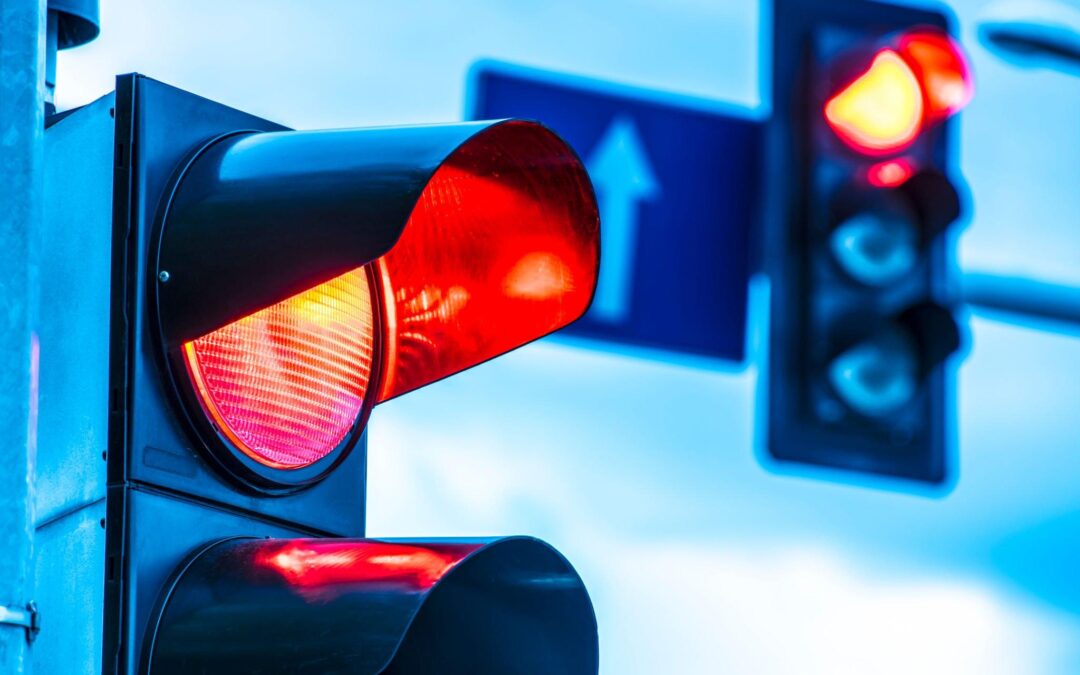Who is at fault in accidents due to weather conditions? In the past few years, we’ve seen more and more natural calamities, including hurricanes, snowstorms, and droughts. Just this October, severe storms that resulted in extensive flooding tore through the United States. In this article, we will discuss who is at fault in an accident and the legalities of driving in bad weather.
Who is at Fault in Accidents Due to Weather Conditions?
Accidents caused by weather conditions fall into two categories: natural disasters and accidents caused by manufactured factors. Natural disasters, such as hurricanes and typhoons, are outside humans’ control. Accidents caused by artificial factors result from people’s actions or decisions.
In both cases, the parties responsible for the accident will have different responsibilities and duties. For example, natural disasters may include ensuring people stay safe during storms and floods. In addition, in Florida, car accidents are considered no-fault accidents. This means that both drivers are automatically responsible for their own damages.
However, depending on a person’s injuries in a car accident, one party may be able to file a claim to receive more money for medical expenses, pain, suffering, etc. One example is when someone is seriously injured in a car accident. In that case, they may be able to file a claim seeking compensation for lost wages, physical therapy costs, and other related expenses.
It is important to keep in mind that filing a claim does not guarantee that someone will receive compensation. The amount of money a person gets due to filing a claim is typically based on various factors, including the extent of their injuries.
The Legalities of Driving in Bad Weather
In the United States, the Department of Transportation found 5.891 million vehicle crashes in the United States each year. More than 20% of these crashes were related to bad weather.
Despite weather conditions, drivers are still expected to drive safely. If a driver drives out in a storm, for example, and comes into the intersection too fast and hydroplanes, causing an accident with several cars, the driver can still be found liable for the accident.
When driving in bad weather, it can be hard to see everything on the road around you. Drivers should take responsibility for their actions and make necessary changes to stay safe. Some states’ laws state that drivers are still responsible for accidents that arise from hazardous conditions associated with wet or icy roads.
When driving, every driver must take reasonable care to avoid a collision. They must also come to a complete stop when conditions, such as poor visibility or heavy rain, make it unsafe. Even in areas with posted speed limits, drivers must refrain from following closely behind other vehicles.
Determining Liability in a Weather-Related Accident
Weather plays a role in 22% of yearly car crashes. Out of these accidents, insurance companies and lawyers need to know whether or not a driver is liable. So in each accident, the attorneys will look to see whether:
- The driver was driving at a reasonable speed for the weather conditions;
- The driver was keeping a reasonable distance between himself and the other cars;
- The weather occurrence was anticipated and well-known;
- The driver could have prevented the accident from happening.
When Weather Means a Driver is Not at Fault
An “Act of God” defense can be used when a driver cannot be held liable for an accident. For example, a car traveling down the road and being hit by a tornado would not be the driver’s fault, and thus they may use this defense to avoid liability. Other examples of when an “Act of God” defense could be used include car crashes caused by snow drifts or floods. In these cases, the drivers could not do anything to avoid the accident, so utilizing this defense may be their only hope of avoiding liability.
Contact Our Office
Who is at fault in accidents due to weather conditions? The bottom line about weather-related crashes is this: even if the weather was a contributing factor, someone could still be declared at fault for an accident. Therefore, drivers need to use caution when roads are slick, and those injured in a weather-related car crash should understand that they have options for compensation.
The Law Offices of Pacin Levine have highly qualified and experienced legal professionals that handle all aspects of your claim, case, or lawsuit in Florida. If you have been injured, aggrieved, or require legal assistance in the State of Florida, contact us at 1-800-247-2727 for a free consultation.


